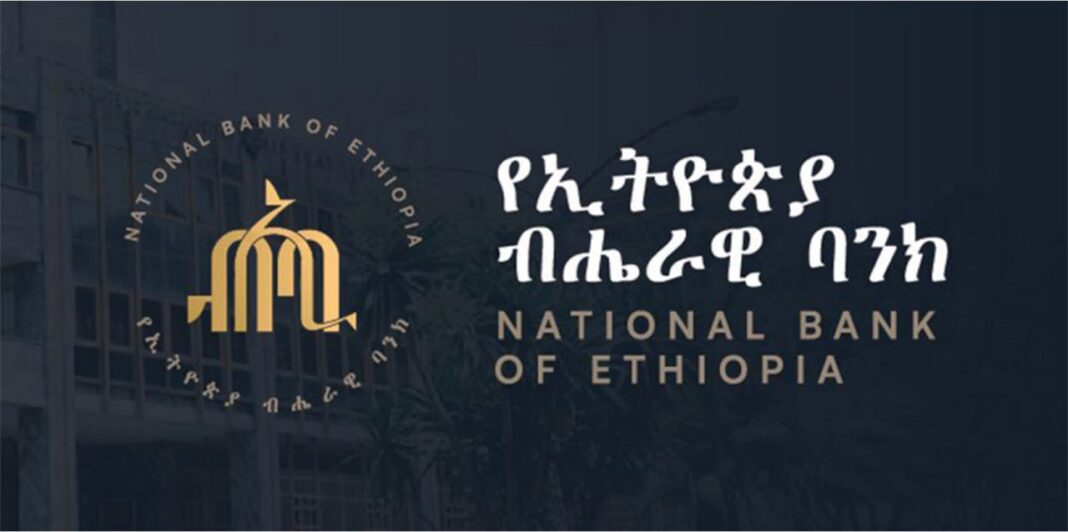The iconic Ethio Post building, famously known as the “Arada Post Office” and situated in the bustling downtown Piazza area, has been repurposed into a dynamic creative hub aimed at fostering youth engagement and nurturing innovation. This transformation represents a meaningful fusion of the city’s rich historical heritage with aspirations for modern economic growth.
Dating back to 1900, this historic building was home to Ethiopia’s first modern post office. Now, responding to urban development needs and the search for a fresh venue, Creative Hub Ethiopia—hailing from Mexico—has taken over management of the space for the next five years to promote creative industries and activities.

The initiative is designed to boost the country’s economy by providing a dedicated platform for Ethiopia’s burgeoning youth-driven creative sector. It is the result of a collaborative effort involving several international and domestic partners, with key financial and technical support from the United Nations Industrial Development Organization (UNIDO) and the Italian Development Cooperation.
Forming part of UNIDO’s Global Creative Industries Program, and with additional backing from the Italian Development Cooperation, the project was officially inaugurated amid great optimism. Government officials highlighted the importance of not only creating jobs for the youth but also enabling them to establish new industries themselves. They emphasized that creative industries hold significant promise for economic diversification, job creation, and earning foreign exchange.

Representatives from the Italian Development Cooperation underscored the center as a manifestation of the shared vision between Ethiopia and Italy for sustainable development centered on young people. They described the innovation center as a vital platform enabling youth to transform ideas into actionable projects while connecting with both local and international markets.






